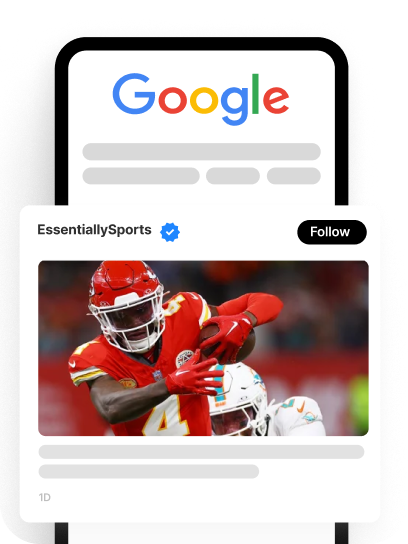

Mack Brown earned $5 million annually at North Carolina. Urban Meyer once pulled in $6 million a year during his Ohio State days. But long before they became marquee names in college football, both coaches were getting paid just $15 a month. That wasn’t a rounding error—it was the price of getting coached in a system that restricted compensation in the name of “amateurism,” even as the sport raked in billions.
Watch What’s Trending Now!
For years, it was college football’s worst-kept secret: star players powered the sport’s rise but saw little of the money. Even top names earned modest stipends while universities and conferences cashed in under the banner of amateurism. That finally shifted in 2021, when the NCAA approved NIL (Name, Image, and Likeness) rights.
But the idea of players getting paid wasn’t new—it just used to happen in the shadows. Remember the Reggie Bush scandal? He allegedly received over $100,000 and a car while leading USC to national titles, only to later lose his Heisman. Most players never got close to that. Yet while stadiums sold out and TV deals soared, the athletes remained stuck in a system that refused to share the wealth. That same frustration—watching families struggle while the sport boomed—is what Mack Brown recently brought up.
Brown appeared on the 23rd July episode of the ‘Triple Option’ podcast with Urban Meyer, Mark Ingram II, and Rob Stone. There, the former UNC head coach discussed how revenue sharing has been a welcome change in college football, coupled with NIL opportunities. “We should have paid players forever. Urban and I got $15 a month. Mark was a super player. He should have gotten a lot of money when he played. They took the money. The conferences took the money, and the players and the families didn’t get any,” recalled Mack Brown.
Mack Brown’s sentiment and advocacy towards revenue sharing stemmed from the fact that money could have paved the way for better opportunities for athletes after college. The money would have helped players and their families to get a good life after graduation, as Brown said, “If we had given even a stipend for graduation, give Mark 150,000 when he graduates to get his life started. If we could have paid parents’ way to games, or we could have done something to help these families before it got to a point where it was just ridiculous.” But it didn’t happen, and he reflected on how the situation eventually spiralled out of control,
“And then what we do, we panic and we get all the toothpaste out of the tube and make decisions. A lot of smart people who maybe didn’t have enough common sense made decisions that have bad consequences.” Now, as the pendulum swings in the opposite direction, Brown sees a new kind of chaos emerging—one fueled by a lack of structure in the current system.
Ever since 2021, college football athletes can easily earn millions in NIL payments, as evidenced by players like Carson Beck ($4 million) or Nico Iamaleava ($8 million). Moreover, add that to the $20.5 million that players will receive in the form of revenue sharing money, 75% of which will roughly go to football players.
“Right now, we don’t have any guidelines, and then you’ve got transfer portal. And the transfer portal and NIL at the same time are a disaster because that creates tampering, and if a guy transfers one time, he’s got a 63% chance to graduate because a lot of his courses don’t transfer. If he transfers four or five times, he’s not going to graduate. Then he’s not going to have a home. Then he’s not going to have a home… He’s not going to get a job in that community when he gets out.” His concern isn’t unfounded. Athletes who transfer frequently often lose credits and academic support, putting graduation at risk. A 2025 SEC report found that many lose over half their coursework when switching schools, especially with no limits on eligibility after multiple transfers.
“And I’m really worried about kids making more money in NIL upfront than they make when they get through school. And then they don’t have a job, then they’re homeless, and then we got mental health issues. So, I think we’ve really got some problems here that we need to address,” he continued.
Even Reggie Bush recalled the negative aspects of the earlier system, which punished him for something that is now legalized. “If NIL was around when I was playing, none of that scandal would’ve happened. The system punished us for doing what everyone else was allowed to do, to make a living,” said Bush, reflecting on the tough times. He’s suing USC, the Pac-12, and the NCAA, claiming they profited off him without compensation, profits he says still persist today. His lawsuit raises the question: if today’s athletes can profit off their image, why shouldn’t yesterday’s?
So, this is truly a different world now in college football. And Brown’s frustration runs deep—not just with how chaotic things have gotten, but with how long it took to change at all. He wasn’t paid. His players weren’t paid. And now, just as the system starts handing out real money, there’s still no plan for what happens after. First it gave them nothing. Now it gives them everything, and then looks the other way.




